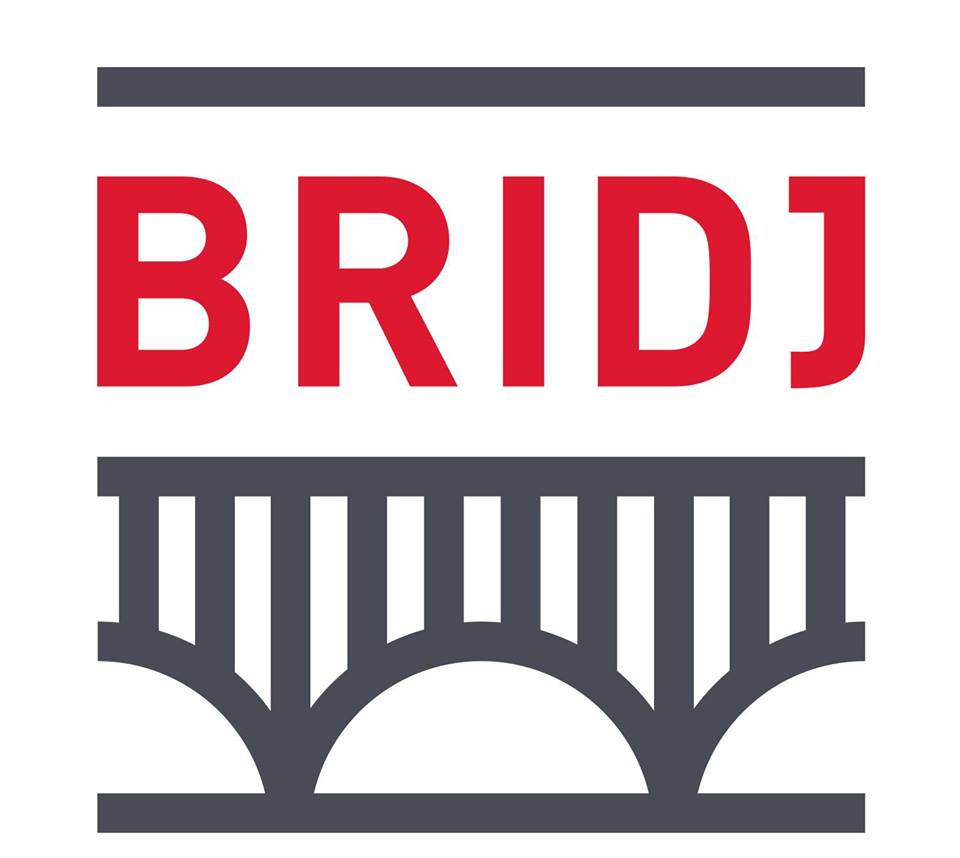
Back in August, pop-up bus service Bridj applied for a jitney license to operate their service in Cambridge. A memorandum was issued and while it didn’t deny Bridj the license, it levied several restrictions as to where Bridj’s fleet of buses could pick up and drop off passengers. On Monday, November 10, the city approved a six-month pilot program for Bridj.
“This is an example of government responding and working very well. With accountability and transparency on both sides, we’ve taken a huge step forward in creating an environment of civic innovation,” said Bridj founder and CEO Matt George. “Through the examples of Boston, Brookline, and Cambridge we’ve shown that Boston can really be the shining light to not only the rest of the country, but to the world, in how to work collaboratively with the private sector to create a better city for not only our generation, but many generations to follow.
The approval is consistent with a Memorandum of Understanding (MOU) which states that the Cambridge Traffic, Parking & Transportation Department (TP&T) “wants routes to be on streets that are most appropriate for the vehicles and to protect heavily residential streets from unnecessary trips or noise” and that “stop locations need to be where the vehicle can safely pull to the curb without blocking travel lanes, bike lanes or delaying MBTA bus operations.”
In essence, the MOU simply means to make it clear that Cambridge does not want Bridj to step on any of the MBTA’s toes, noting further that TP&T will be paying extra attention to ensure “Bridj service does not adversely impact MBTA service at bus stops of interfere with the department’s management of its streets and curb regulations.”
Bridj had submitted prior proposals for several Cambridge bus routes, though the city’s Licensing Commission deemed them “not acceptable.” It seems the commission and TP&T have had a change of heart, or at least are becoming more open minded.
Evaluation duties of the pilot program will be shared with the commission and TP&T.
You can check out the applicable documents online here.
Why Cambridge officials as so hesitant to adopt Bridj is questionable. In Boston, Bridj was awarded a jitney license without hesitation, realizing the full potential of fostering alternative modes of transportation. Bridj’s bus routes are more direct than the MBTA’s such as the recently announced course from South Boston to the Longwood area.
For Cambridge, it’s probably a case of following the letter of the law and, in the case of Bridj, that means the service doesn’t quite align with the regulations of jitney licenses in Cambridge; however, the six-month pilot program exemplifies the city’s willingness to partner up with startups like Bridj and collaborate on a mutually beneficial solution for Cambridge, Bridj and Cantabrigians.
Brookline also awarded Bridj a jitney license.
“We were very pleased that the Cambridge City Council unanimously approved our pilot program,” said Kelly. “We’ve proven that technology companies can work with city regulators instead of against them. What we’ve accomplished in the Greater Boston area (cities embracing innovation) will serve as a model for us when we enter new markets.”

